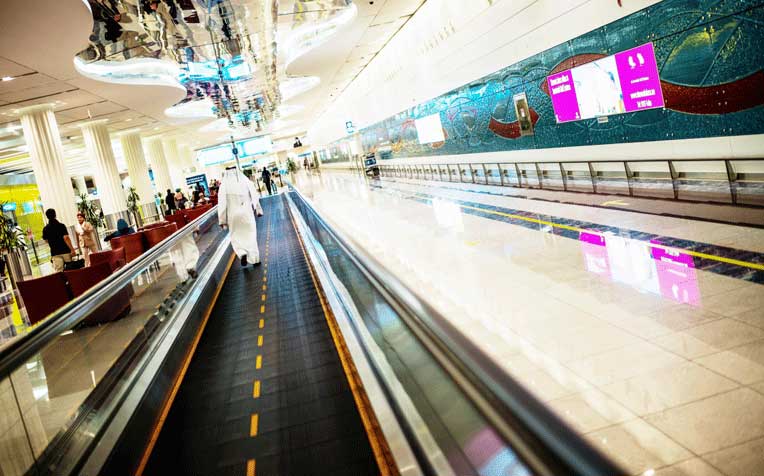
MERS-CoV is a potential health issue for travellers to the Middle East.
Continued
Diagnosis and treatment of Middle East respiratory syndrome coronavirus(MERS-CoV)
The MERS-CoV respiratory illness is diagnosed with a special laboratory test that confirms the presence of the coronavirus.
There is no specific treatment or cure for MERS-CoV, which has been fatal in 50 per cent of cases so far. Treatment involves treating the symptoms. “There is no convincing data that the use of potent anti-viral agents, such as ribavirin and interferon, brings any benefit to patients,” says Dr Jenny Low, Senior Consultant, Department of Infectious Diseases, Singapore General Hospital (SGH), a member of the SingHealth group.
The World Health Organization (WHO) admits it has insufficient knowledge about the causes, symptoms and treatment of this new SARS-related coronavirus. WHO says: “Large gaps in our knowledge about this virus remain. Although extensive work has been done and is ongoing, it should be remembered that it often takes time for scientific investigations to produce results.”
WHO suggests that healthcare workers take infection control measures, and that individuals maintain high levels of vigilance and personal hygiene, to help contain the global spread of the coronavirus.
13 tips to prevent respiratory tract infection and illness
Heed the following advice to help prevent the spread of respiratory illnesses such as the MERS-CoV respiratory syndrome when travelling overseas:
- Observe good personal hygiene at all times.
- Wash your hands, and your children's hands, frequently with soap and water. When travelling, use an alcohol-based hand sanitizer to clean your hands.
- Always wash your hands before a meal.
- Learn the proper way to wash your hands. Just putting your hands under running water is not enough.
- Wear a surgical mask, especially in crowded places.
- Cover your nose and mouth when you cough or sneeze. If using a tissue, throw it away after use.
- Avoid touching your eyes, nose and mouth if your hands are not clean.
- Avoid close contact and sharing food and utensils with anyone who is sick.
- Avoid contact with camels and other live farm or wild animals, including not visiting camel farms. If contact has been made, throughly wash hands with soap.
- Adopt good food safety and hygiene practices and avoid consuming unpasteurised milk, undercooked meats, raw fruits and vegetables (unless they have been peeled), or unsafe water.
- Wear a surgical mask and seek medical attention promptly if you become unwell with a fever and cough during travelling or within 14 days after your return.
For those who travel frequently to the Middle East or are attending the Umrah/Haj Muslim pilgrimage, the MOH advises:
- To be vaccinated against influenza and meningitis. Persons aged 65 years and above or with chronic medical conditions should also get vaccinated against pneumococcal infections.
- Pilgrims with pre-existing chronic medical conditions (e.g. diabetes, chronic heart and lung conditions) should consult a doctor before travelling to assess whether making the pilgrimage is medically advisable.
Ref: Q15
Contributed by















